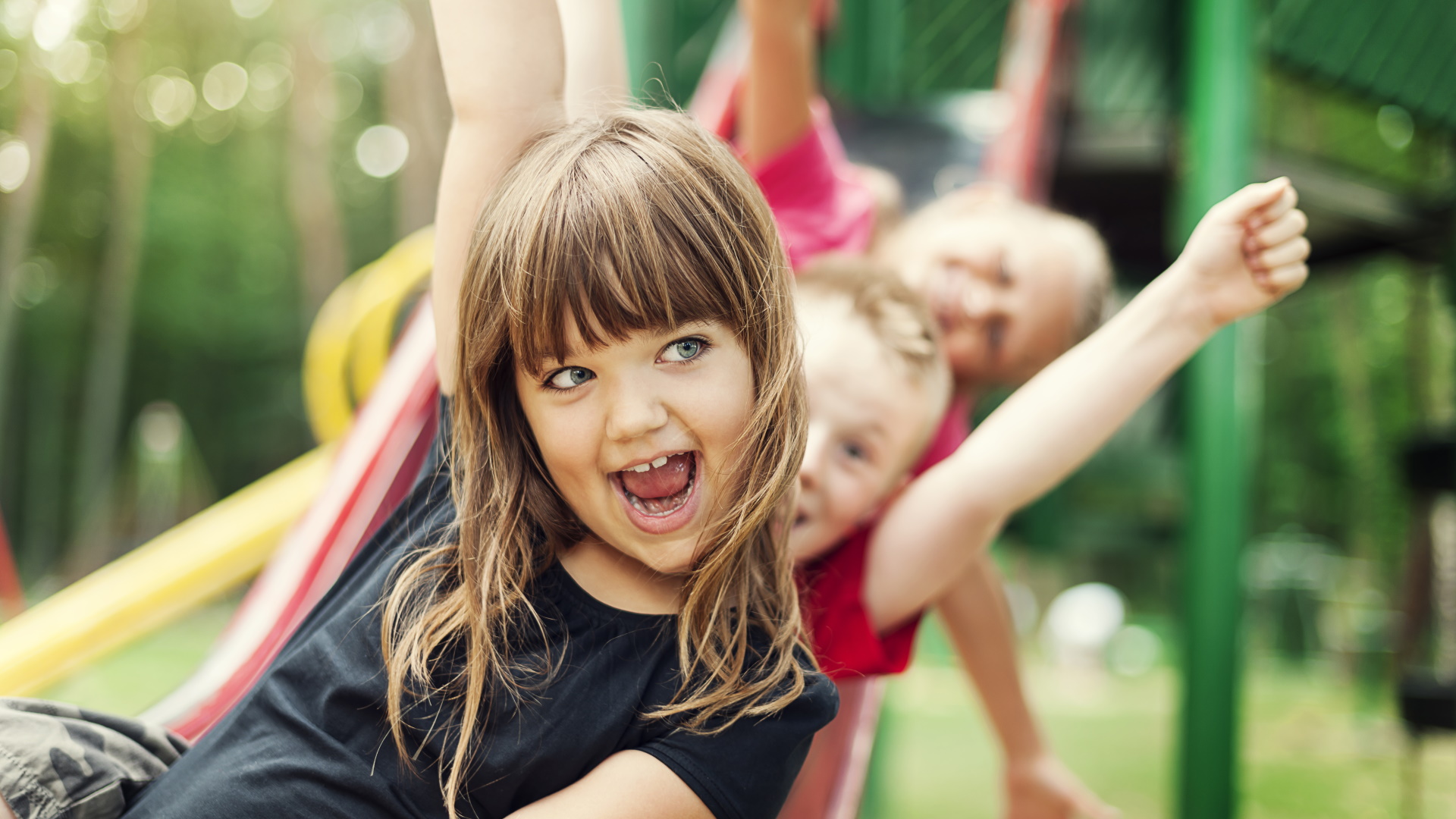When I was a child, my friends and I had two educations. We had school, and we also had ‘play education’. We played in mixed-age neighbourhood groups almost every day after school, often until dark. We played all weekend and all summer long. We had time to explore in all sorts of ways, and also time to become bored and figure out how to overcome boredom, time to get into trouble and find our way out of it, time to daydream, time to immerse ourselves in hobbies, and time to read comics and whatever else we wanted to read.
Text by: Anastasia Spyropoulou
Steadily but gradually we have reduced children’s opportunities to play. We began to chip away at that freedom by increasing the time that children had to spend at schoolwork and, even more significantly, by reducing children’s freedom to play on their own, even when they were out of school and not doing homework. Adult-directed sports for children began to replace ‘pickup’ games; adult-directed classes out of school began to replace hobbies; and parents’ fears led them, ever more, to forbid children from going out to play with other kids, away from home, unsupervised. There are lots of reasons for these changes but the effect, over the decades, has been a continuous and ultimately dramatic decline in children’s opportunities to play and explore in their own chosen ways.
Over the same decades that children’s play has been declining, childhood mental disorders have been increasing. The decline in the opportunity to play has also been accompanied by a decline in empathy and a rise in narcissism. Empathy refers to the ability and tendency to see from another person’s point of view and experience what that person experiences. Narcissism refers to inflated self-regard, coupled with a lack of concern for others and an inability to connect emotionally with others. Children can’t learn these social skills and values in school, because school is an authoritarian, not a democratic setting. School fosters competition, not co-operation; and children there are not free to quit when others fail to respect their needs and wishes.
Top of Form
Bottom of Form
Learning versus playing
Learning, according to that almost automatic view, is what children do in school and, maybe, in other adult-directed activities. Playing is, at best, a refreshing break from learning. From that view, summer vacation is just a long recess, perhaps longer than necessary. But here’s an alternative view, which should be obvious but apparently is not: playing is learning. At play, children learn the most important of life’s lessons, the ones that cannot be taught in school. To learn these lessons well, children need lots of play - lots and lots of it, without interference from adults.
The young of all mammals play. Why? Why do they waste energy and risk life and limb playing, when they could just rest, tucked away safely in a burrow somewhere? Because play is a means to ensure that animals practise the skills they need in order to survive and reproduce.
Watch any group of children in play and you will see lots of negotiation and compromise. Preschoolers playing a game of ‘house’ spend more time figuring out how to play than actually playing. Everything has to be negotiated - who gets to be the mommy and who has to be the baby, who gets to use which props, and how the drama will unfold. The skilled players use tag questions to turn their assertions into requests: ‘Let’s pretend that the necklace is mine. OK?’ If it’s not OK, a discussion ensues.
Not all children learn these lessons easily; bullies exist. But social play is by far the most effective venue for learning such a lesson. So, play teaches social skills without which life would be miserable. But it also teaches how to manage intense, negative emotions such as fear and anger.
Children may also experience anger in their play. Anger can arise from an accidental or deliberate push, or a tease, or from failure to get one’s way in a dispute. But children who want to continue playing know they have to control that anger, use it constructively in self-assertion, and not lash out. Tantrums might work with parents, but they never work with playmates.
In school, and in other settings where adults are in charge, they make decisions for children and solve children’s problems. In play, children make their own decisions and solve their own problems. In adult-directed settings, children are weak and vulnerable. In play, they are strong and powerful. The play world is the child’s practice world for being an adult. We think of play as childish, but to the child, play is the experience of being like an adult: being self-controlled and responsible. To the degree that we take away play, we deprive children of the ability to practise adulthood, and we create people who will go through life with a sense of dependence and victimisation, a sense that there is some authority out there who is supposed to tell them what to do and solve their problems. That is not a healthy way to live.
Play outside of school is important. We have already taken too much of that away; we must not take away any more.
